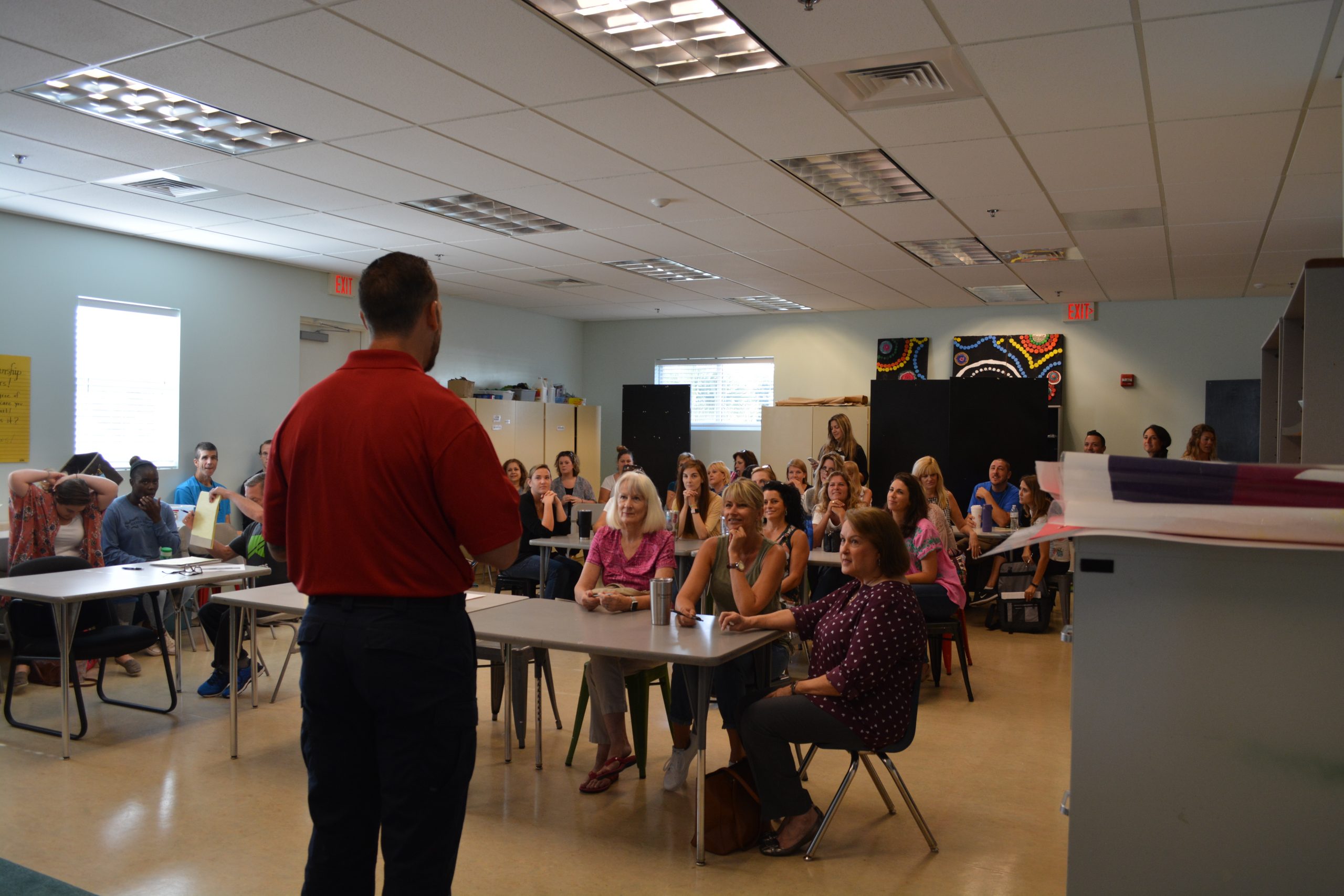What is Situational Awareness and Why Does it Matter?
Situational awareness is the ability to comprehend the elements within a given environment and identify a baseline of behaviors. Situational awareness is the one proactive measure one can continue to maintain throughout any given day. Practicing situational awareness can mean the difference between survival or death, avoiding a car accident or crash, identifying a suspicious person or becoming a victim. Being aware of one’s surrounding and paying attention to people’s behaviors is not difficult, it just takes some practice.
What is Fear of Public Places?
What is Social Anxiety?
Social Anxiety is a mental condition that tends to make people avoid social interaction due to irrational anxiety attacks. It is also known as social anxiety disorder or social phobia. Many people suffer from social anxiety but aren’t aware because of the lack of awareness about this mental condition. Many people confuse it with merely being shy, but according to the Anxiety and Depression Association of America, “Social anxiety disorder affects approximately 15 million American adults and is the second most commonly diagnosed anxiety disorder following specific phobia.”
5 Key Tips to Improve your Situational Awareness That May Save Your Life!
#1: Avoid Complacency:
Everyone gets complacent, but cell phones are a major component of distraction and cause for complacency. Every few minutes, just remind yourself to pick your head up and look around!
#2: Identify the Elements Around You:
When you are looking around, identify your environment and what you have around you that could serve you and/or your family in the case of an emergency.
#3: Trust Your Feelings:
People today are hesitant to get involved or report suspicious activity. This hesitation is often due to having a fear of being wrong or a feeling that it’s not ones business- both of which can lead to a feeling of embarrassment. The “See Something, Say Something” campaign is powerful and works! Criminal plans are thwarted every single day in this country and it’s because people report them. People trusting what they see and feel, and reporting that to their supervisors, security, or law enforcement is a proactive approach to stopping something bad from happening. If it turns out to be nothing, thank goodness!
#4: Have a Plan for Every Situation:
This proactive preparation is not just for you and your workplace, it’s for your family, friends, and loved ones. Speak to them about your plan, lessons you’ve learned and what actions they could apply to recognize and respond to a potential threat.
#5: Start Assessing People:
Every environment has a baseline of behavior, but when someone is not acting like everyone else, that is the anomaly and one should pay attention. A person’s behavior is like a thousand words and can tip off others to their possible intentions.
Takeaway
Having Social Anxiety or fear of public places is not something anyone should be ashamed of. It is entirely understandable to feel this way due to a variety of reasons. No cure could ever entirely terminate these mental health conditions. However, there are ways to relieve the symptoms. By getting the right training, one can feel more confident about going to public places and interacting with others. Others with more severe cases should seek professional mental health services.
To best prepare in case of an incident, remember the previously mentioned 5 tips from our Guardian Defense President, Steven S. Smith, to better prepare if a situation goes south in a matter of seconds! 
As mentioned earlier, the right training can increase your chances of remaining calm and acting swiftly in the event of an emergency. When in a chaotic situation, the way you react can really influence your chances of survival and aid others, such as your loved ones. Guardian Defense offers customized active shooter training for schools, businesses, places of worship, colleges/universities, law enforcement officers, and civilians!

